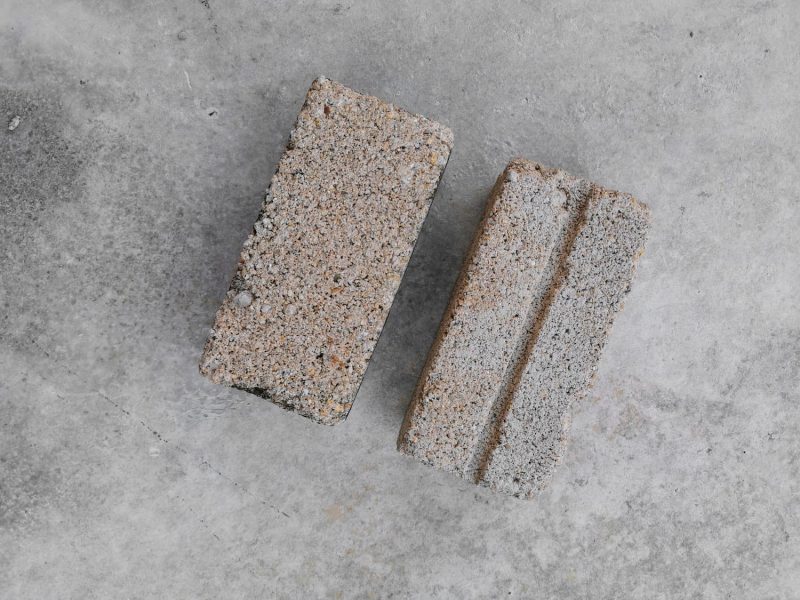When you decide to add a new masonry project to your home or business near Dallas, there are two primary options as far as materials. If the idea of traditional brick doesn’t appeal to you, there’s always the option to choose a type of concrete masonry unit (CMU) as your base. Like bricks, CMUs make excellent building materials, so either would be a good choice for your project. Both options have their own strengths, though, so we recommend learning about some of the subtle differences.
Which Has Better Durability?
Bricks and CMUs are both so strong that this isn’t very much of a concern.
Concrete blocks can often withstand a little bit more force than clay bricks, but that isn’t ever likely to matter. The strength of your new wall will really depend on the mortar holding it together. Whether you choose bricks or CMUs, make sure you choose a mason who can put them together appropriately.
Which Provides Better Insulation?
Clay bricks normally have a higher insulation value than concrete blocks. On the other hand, since CMUs are so flexible, it’s possible to create types of concrete blocks that offer better insulation. For example, property owners may choose insulated concrete blocks or even air-entrained blocks. If insulation is especially important to you, though, keep in mind that there are other ways to get insulation when you add a brick or concrete wall. For example, most brick homes actually have wood frames under the brick because plywood provides more insulation than the brick itself.
Which Looks Better?
Both materials are used in many buildings near the Dallas Fort Worth Metropolitan Area, so either one will look right at home. This choice is completely personal, so it really just depends on what you’re looking for from your new addition. Talk to a mason about what you’re trying to accomplish, and even have them visit you to get a feel for the rest of your property. An experienced mason will be able to help you understand all of your options for adding to your existing home or business in a way that will look good.
Which Weighs More?
The average
clay brick weighs about five pounds, while typical eight-inch concrete blocks weigh more than 40 pounds. Some types of CMUs are created with a lot of air in the middle, though, which makes them much lighter. The weight of your final wall, chimney, or pillar will also depend largely on other elements of the construction. Any type of brick or CMU will be heavy enough to provide plenty of stability for almost any building project. The biggest difference you can expect as far as weight is that heavier materials may cost more to install.
Which Costs More?
While this depends somewhat on the type of brick or CMU selected, the cost is normally very comparable. If you decide to get specialty blocks that weigh less or offer extra insulation, the price will be a little bit higher. When it comes to installation costs, though, bricks may be slightly more expensive. Brick masonry is more difficult, so you’re paying for someone with a lot of skill and experience.
Get Brick and Concrete Masonry Near Dallas
Here at
Brick Experts, we’ve completed all kinds of masonry projects from Southlake to Plano and in the surrounding areas. Whether you're looking for masonry vs. concrete, we will be able to guide you in the right direction. Our masons are certified and have high levels of skill from their years of experience.
Ask us for a quote with no obligation, and a member of our team will help you choose the perfect building material.
 Image Credit: Shutterstock/Tengku Ammar
Image Credit: Shutterstock/Tengku Ammar  Image Credit: Shutterstock/Tengku Ammar
Image Credit: Shutterstock/Tengku Ammar 









